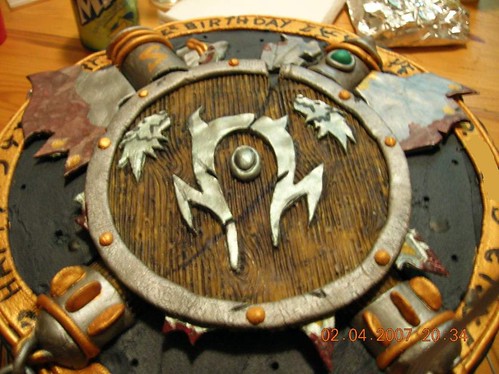There's a really interesting conference coming up soon (17-18 April) in Finland called Gamers in Society:
"The two-day event consists of themed sessions that discuss the social and cultural aspects of gaming"
Unfortunately it's immediately before the Women in Games conference (19-21 April) which makes it pretty inconvenient. Doh!
Here's the brief anyway,
"The social aspects of digital gaming are gaining increasing attention by academics, game developers and media alike. Popular controversy on the supposedly detrimental effects of games are countered by growing attention to the social value and cultural significance that contemporary games present to their players. New research is probing the precise roles games and playing occupy in the lives of various groups and individuals, producing interesting data about the multiple domains of life within information technology saturated societies. Simultaneously this kind of socio-cultural studies of game players require novel approaches into existing theories and methodologies in human sciences, informed by dialogue within the emerging field of game studies."
The Call For Papers has now closed, but this should give you an idea about the kind of material likely to be presented:
"The list of possible presentation topics includes, but is not limited to:
- ethnographic studies of particular groups of game players
- studies about social networks or communities created around, or within games
- research into the social roles and dynamics within such game communities
- inquiries into the everyday uses and social significance of games
- studies into issues related with status, value and social norms that govern the position of games and gamers within the wider context of contemporary society
- demographic studies mapping the time, money or other investments into games by various parts of the population
studies discussing the concept of game culture, or applying cultural and social approach into game studies"



